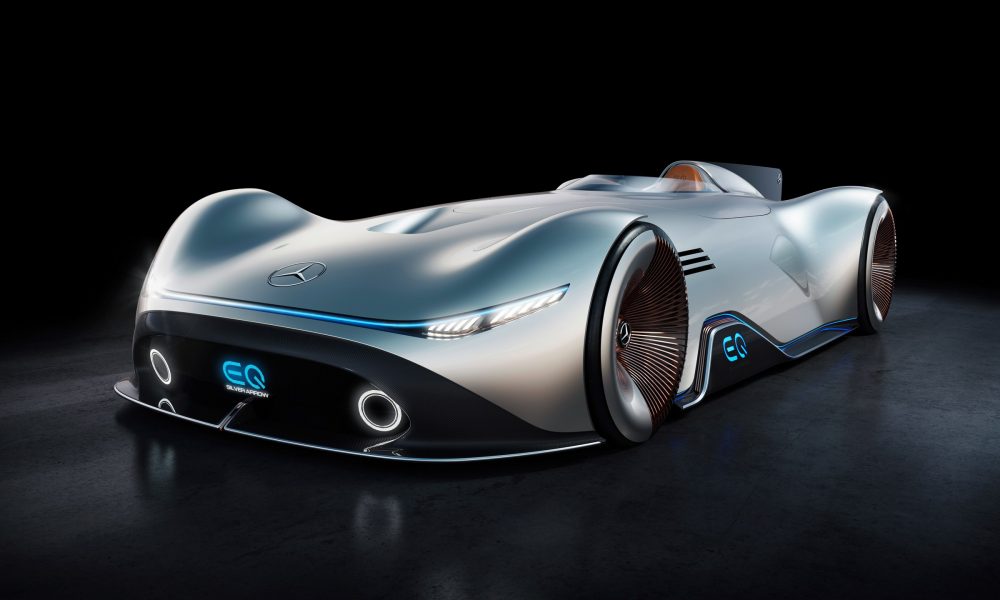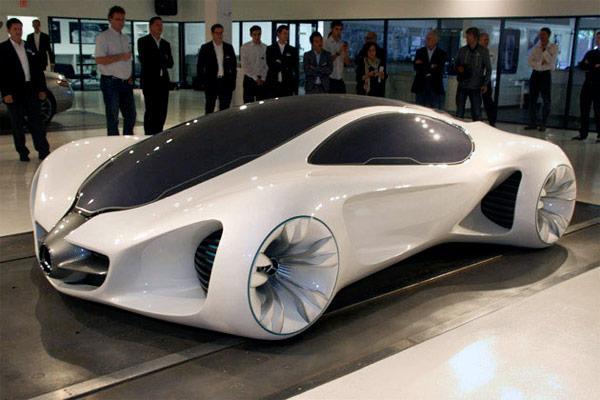
Concept cars have always been a source of inspiration for automotive designers. These cars are designed to showcase new technology, design, and engineering concepts that could potentially shape the future of automobiles. Concept cars provide a glimpse into what the future might hold for the automotive industry, and they play a crucial role in driving innovation and pushing the boundaries of design.
Why Are Concept Cars Important?

Concept cars are important for several reasons:
- Innovation: Concept cars push the boundaries of design and engineering, incorporating new technologies and materials that can improve the performance, safety, and efficiency of vehicles.
- Marketing: Concept cars generate a lot of buzz and excitement, helping automakers build brand awareness and attract new customers.
- Feedback: Concept cars are often showcased at auto shows and other events where designers can gather feedback from enthusiasts and potential customers, helping them refine their designs and make improvements.
How Do Concept Cars Influence Automotive Design?
Concept cars have a significant impact on the future of automotive design, influencing everything from the shape and style of vehicles to the materials and technologies used to build them. Here are some ways that concept cars influence automotive design:
- Shape and Style: Concept cars often feature radical designs that push the boundaries of what is possible. These designs can inspire automakers to create more daring and innovative designs for their production vehicles.
- Materials: Concept cars often use new and exotic materials that are not yet widely available or affordable. However, as these materials become more accessible, they can be incorporated into production vehicles, improving their performance, safety, and efficiency.
- Technology: Concept cars often showcase new and innovative technologies that can improve the driving experience, such as advanced safety features, autonomous driving systems, and electric powertrains. As these technologies become more advanced and affordable, they can be incorporated into production vehicles.
Examples of Concept Cars That Have Shaped Automotive Design

There have been many concept cars over the years that have had a significant impact on automotive design. Here are just a few examples:
- BMW GINA: The BMW GINA concept car, which was unveiled in 2008, featured a flexible, fabric skin that could change shape to suit different driving conditions. This innovative design inspired BMW to explore new materials and shapes for their future vehicles.
- Tesla Model S: The Tesla Model S, which was first unveiled in 2009, showcased the potential of electric vehicles. Its sleek, aerodynamic design and long-range capabilities helped make electric vehicles more mainstream.
- Audi e-Tron GT: The Audi e-Tron GT concept car, which was unveiled in 2018, features a sleek, low-slung design and advanced electric powertrain technology. The production version of the e-Tron GT is set to hit the market in 2021.
Concept cars play a crucial role in shaping the future of automotive design. They inspire designers to push the boundaries of what is possible, incorporating new materials, technologies, and design concepts that can improve the performance, safety, and efficiency of vehicles. As concept cars become more advanced and accessible, they will continue to shape the future of the automotive industry for years to come.








